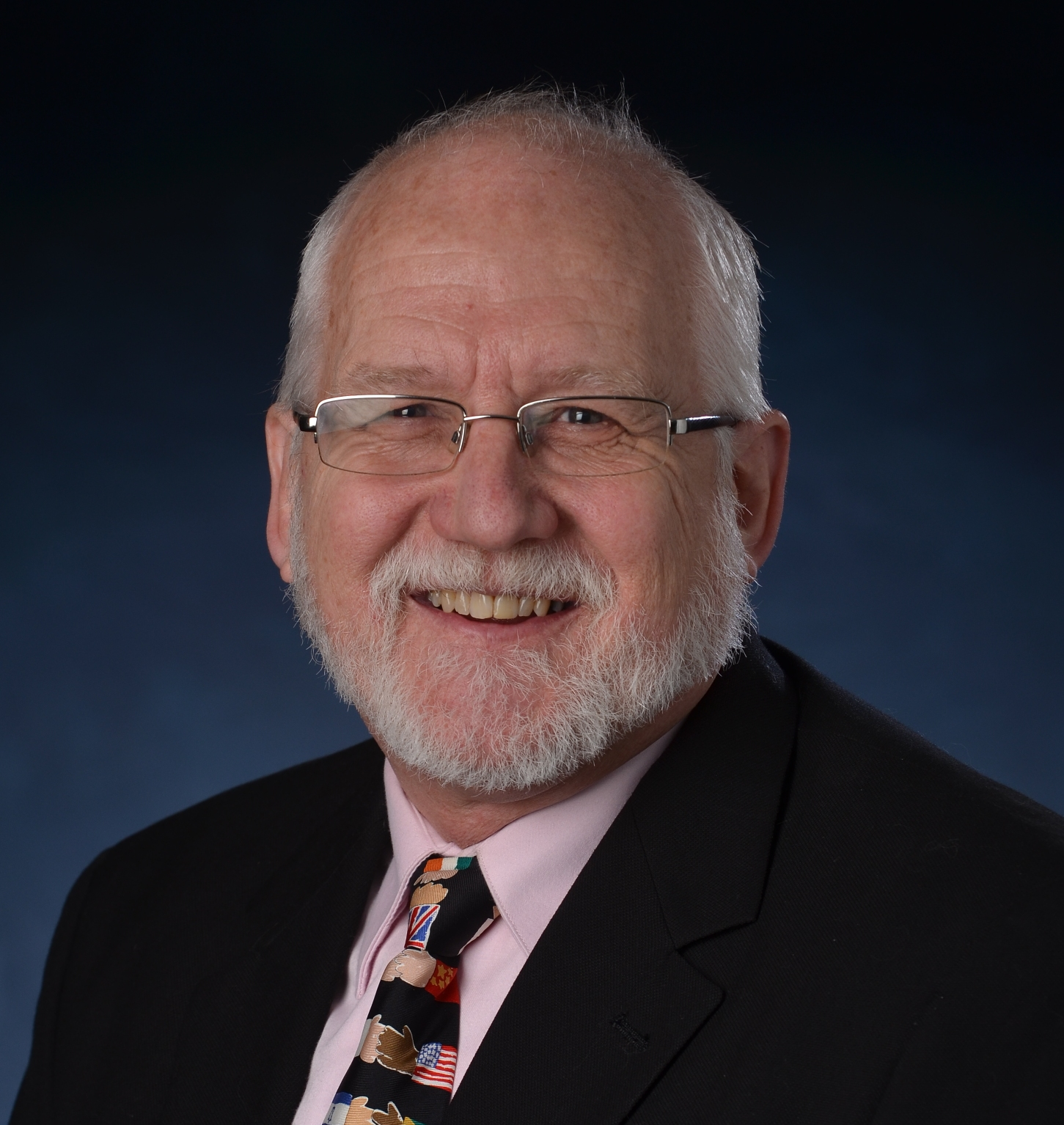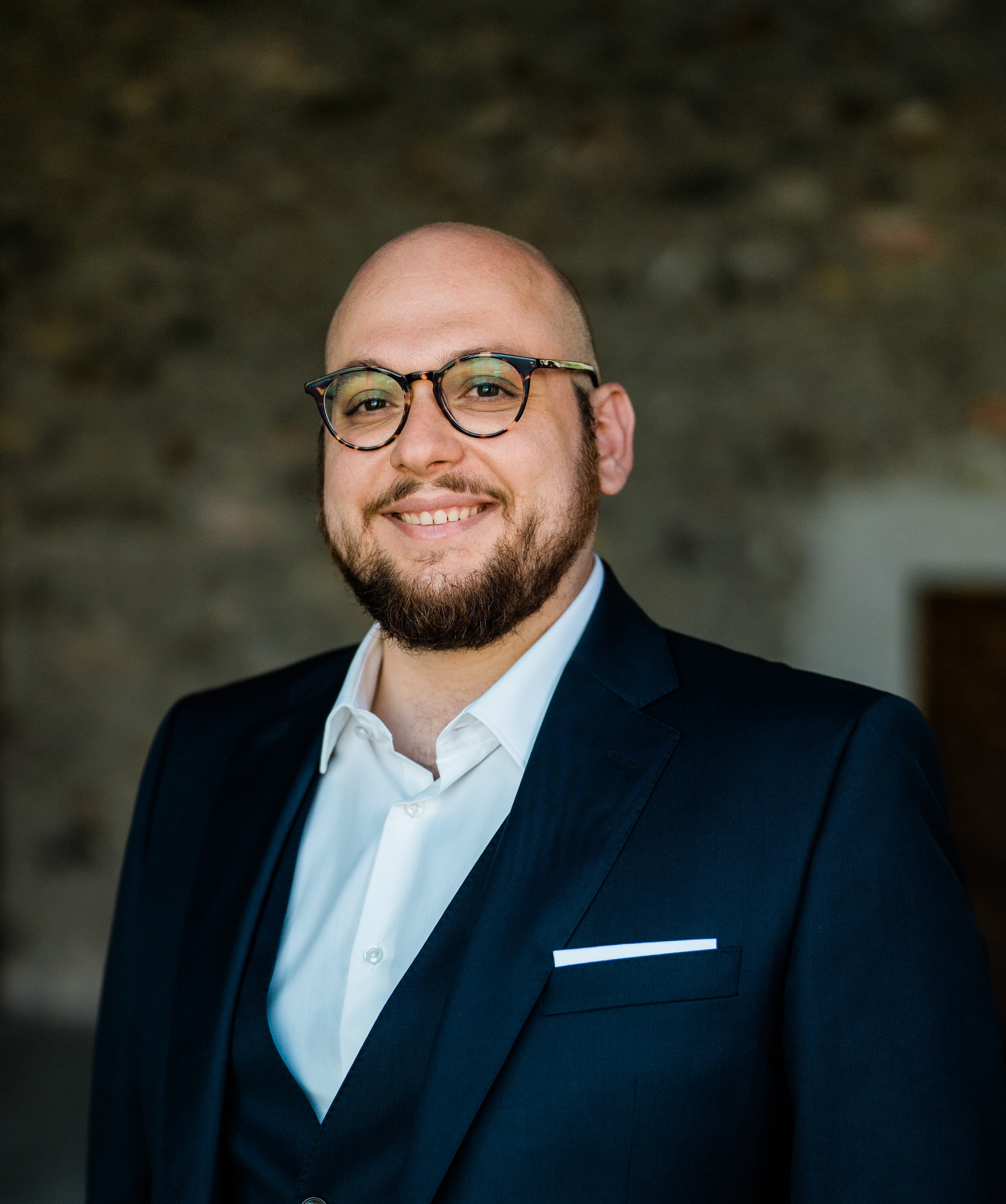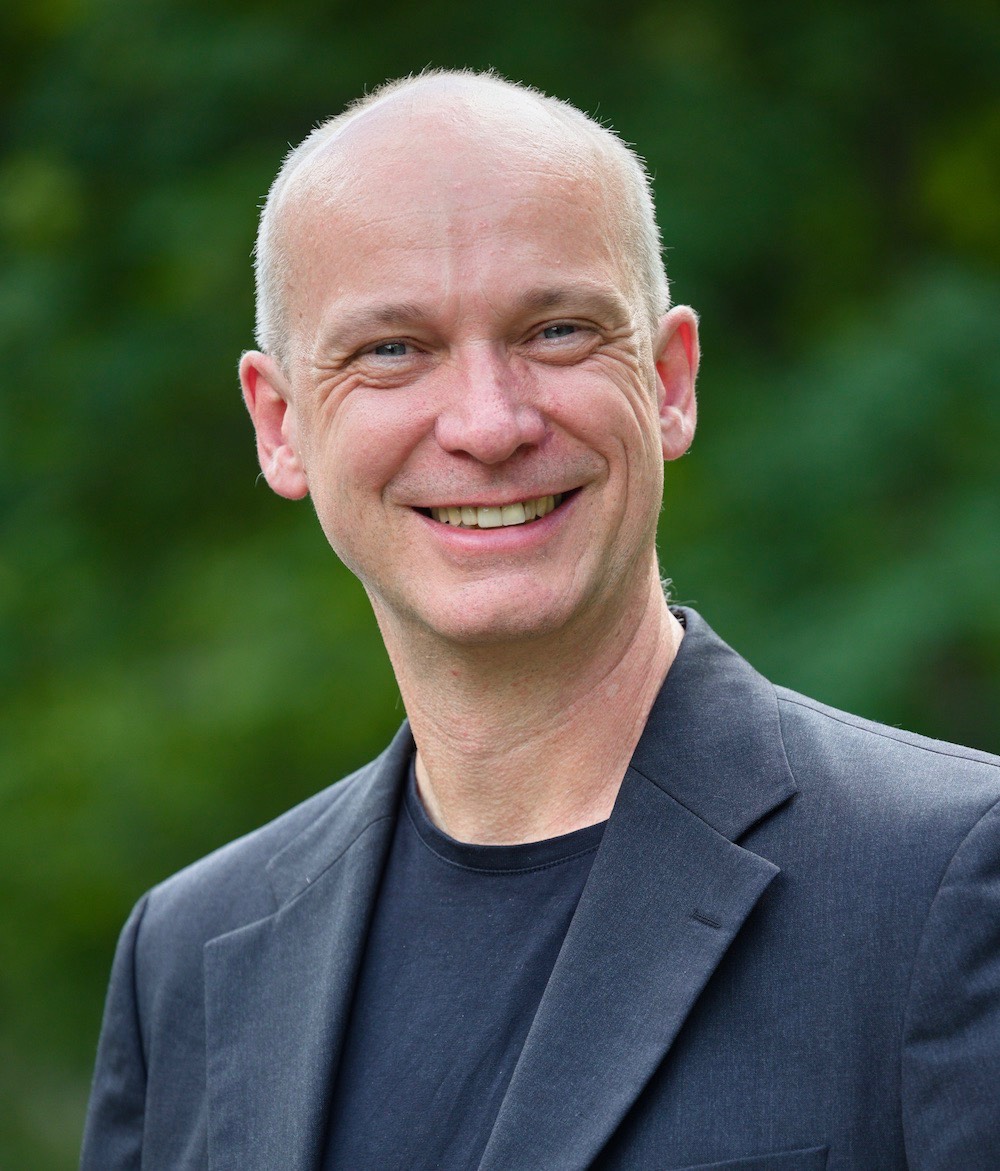Panel: Data Offload for Connected Vehicles using Wi-Fi
Friday, May 31 13:15 - 14:15
Abstract
Today's connected vehicles collect massive amounts of data from sensors, vehicle control systems and driver behavior; Advanced Driver Assistance Systems (ADAS), and automated vehicles (AV) generate even more data. In addition, customers have come to expect rich infotainment, convenience, and navigation experiences, which require data from outside sources. The quantity of data transfer needed could be on the order of 100 petabytes per month; connected vehicles typically depend on cellular connectivity for these telematics and infotainment functions, which is costly and can cause serious congestion for cellular networks. Wi-Fi offers a cost-effective solution that could reduce the cost and congestion of cellular connectivity, but generally doesn't have the mobility to provide real-time data exchange. Current Wi-Fi standards allow non-real time offload of vehicle data when in range of an access point but safety communications such as V2X will still require cellular or sidelink communication. Wi-Fi standards could address some of the mobility issues, which may make it more useful for data offload. This panel will address the use cases, technical requirements, standards, and deployment issues related to data offload using Wi-Fi.
Panel Chair
Jim Lansford

Jim Lansford is the Principal of Farafir, a wireless consultancy based in Timisoara, Romania. He has over 40 years of experience in communications systems, digital signal processing, and strategic business development. His most recent experience was as a Director of Technical Standards at Qualcomm, where he was a leader in standards efforts in V2X, 802.11/Wi-Fi, and UWB. Prior to that, he was Chief Technology Officer of three wireless startups (Momentum Microsystems, Mobilian, and Alereon) and held senior technical positions at Harris and Intel Corporation before joining CSR and Qualcomm.
Dr. Lansford is currently chair of the Wireless Next Generation Standing Committee in IEEE 802.11 as well as Chair of the Cellular-V2X Technical Committee in SAE International. Previously, he was co-chair of the IEEE 802.15.3a Task Group (high speed UWB) and he was chair of the Automotive Market Segment Task Group, the DSRC Task Group, and the Long Range Strategy Group in the Wi-Fi Alliance. He also served as Co-chair of the FiRa Consortium Regulatory Working Group. Also in IEEE 802, he was the founder of the 802.19 Coexistence Working Group.
In addition to his industrial experience, Dr. Lansford is currently active as an Adjunct Professor in the Computer Science Department at the University of Colorado – Boulder. Dr. Lansford has a Ph.D. in Electrical Engineering from Oklahoma State, an MSEE from Georgia Tech, and a BSEE from Auburn University. He and his wife Lynn live in Timisoara, Romania.
Panelists
Walter Bronzi

Walter Bronzi is the Connectivity Platform & Wireless Services Lead at BMW Group. Being a connectivity expert with 10 years of experience in the field of wireless technologies, Walter Bronzi joined the BMW Group in 2018 after concluding his PhD at the University of Luxembourg.
Walter has held multiple product responsibility roles for the in-vehicle connectivity architecture, from shaping platform requirements to delivering customer facing features for the upcoming Neue Klasse and beyond.
Aside from being an expert in his field, Walter is also a car enthusiast and an engineer at heart.
Falko Dressler

Falko Dressler is full professor and Chair for Telecommunication Networks at the School of Electrical Engineering and Computer Science, TU Berlin. He received his M.Sc. and Ph.D. degrees from the Dept. of Computer Science, University of Erlangen in 1998 and 2003, respectively. Dr. Dressler has been associate editor-in-chief for IEEE Trans. on Network Science and Engineering, IEEE Trans. on Mobile Computing and Elsevier Computer Communications as well as an editor for journals such as IEEE/ACM Trans. on Networking, Elsevier Ad Hoc Networks, and Elsevier Nano Communication Networks. He has been chairing conferences such as IEEE INFOCOM, ACM MobiSys, ACM MobiHoc, IEEE VNC, IEEE GLOBECOM. He authored the textbooks Self-Organization in Sensor and Actor Networks published by Wiley & Sons and Vehicular Networking published by Cambridge University Press. He has been an IEEE Distinguished Lecturer as well as an ACM Distinguished Speaker. Dr. Dressler is an IEEE Fellow as well as an ACM Distinguished Member. He is a member of the German National Academy of Science and Engineering (acatech). He has been serving on the IEEE COMSOC Conference Council and the ACM SIGMOBILE Executive Committee. His research objectives include next generation wireless communication systems in combination with distributed algorithms for applications in the Internet of Things, and Cyber-Physical Systems, and the Internet of Bio-Nano-Things.
Jing Ma
Jing Ma is currently a senior researcher with the Information and Communication Planning Division, Toyota Motor Corporation. She received her M.S. and Ph.D. degrees from the Graduate School of Advanced Integration Science, Chiba University, Chiba, Japan, in 2010 and 2013, respectively. She has over 10 years’ experience in R&D of wireless network systems including WLAN, IoT, Satellite communication, Cognitive Radio and vehicular network. Dr. Ma also has experience in standardization as a company delegate working on IEEE, ITU and AECC. She has authored or coauthored more than 40 technical papers and applied for many patents in these fields. Currently, Dr. Ma focuses on research and standardization related to vehicular network, WLAN, Satellite communication .